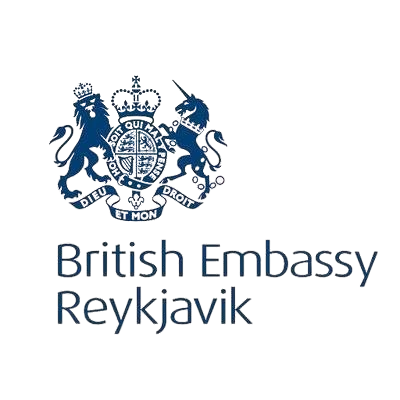It is essential to start early in raising children’s and teenagers’ awareness of different careers to help them develop an understanding of their strengths and relate them to specific professions. Career education is primarily offered at the secondary school level in schools where it is available. However, British and Icelandic research highlights significant benefits of strengthening career guidance at primary-age.
Narrow Career Aspirations Among Children
A British study involving around 10,000 children in primary school reveals that children as young as five years old begin forming stereotypes about careers. These stereotypes are influenced by gender, ethnicity, and social background, and are often shaped by family members, friends, and media, including social media. The study also shows that children’s plans for the future are often narrow and disconnected from labour market realities. These aspirations tend to remain unchanged until they are 17 or 18 years old, forcing young people to adapt quickly and adjust their expectations and goals when entering the workforce.
Research on the impact of school visits by working professionals suggests that this can be countered by exposing children to diverse role models in the workforce from early on. This approach helps dispel stereotypes, boosts children’s self-confidence, and enhances their positivity and ambition toward education.
Increased Awareness Encourages Independent Decision-Making
Icelandic research on career guidance shows that it is limited in early and middle primary school years (ages 6–12). In many cases, teachers provide informal and unstructured career-related education without recognizing it as such. This highlights the need to develop a clear strategy to incorporate career education more effectively into the national curriculum. Access to diverse educational materials must also be improved, and career education should begin at the start of schooling.
One of the benefits of enhancing career education in early primary school is that students who receive long-term guidance make their choices for further education based on specific study paths rather than schools. This suggests that career education encourages students to think critically about their choices and make independent decisions based on their interests and strengths. This decision-making extends beyond education, influencing future life choices in general. Career education not only introduces students to the variety of future educational and occupational opportunities but also helps them build self-awareness and confidence, realise what their interests are, and understanding their strengths and weaknesses.
Strengthening Career Guidance in Primary Schools
Studies conducted with preschool children indicate that their ideas about careers become more realistic in their final year of preschool. By the middle primary school years, children begin contemplating future careers. This underscores the importance of starting career education at the beginning of primary school and teaching it systematically throughout. Career presentations are particularly effective for middle primary school students (ages 10–12), as they are open-minded and can easily discuss education and careers from diverse perspectives.
Fundamentally, the question is not whether career education should begin in primary school, as it is evident that children at this age are already incorporating careers into their play, discussions, and thoughts. It is impossible to prevent this behaviour or kind of play, so the real question is whether it is possible to support children with structured career education from the start of their schooling journey.
Heimildir:
Starting Early: Building the foundations for success / Education and Employers
Náms- og starfsfræðsla á yngri stigum grunnskólans / Auður Huld Kristjánsdóttir







